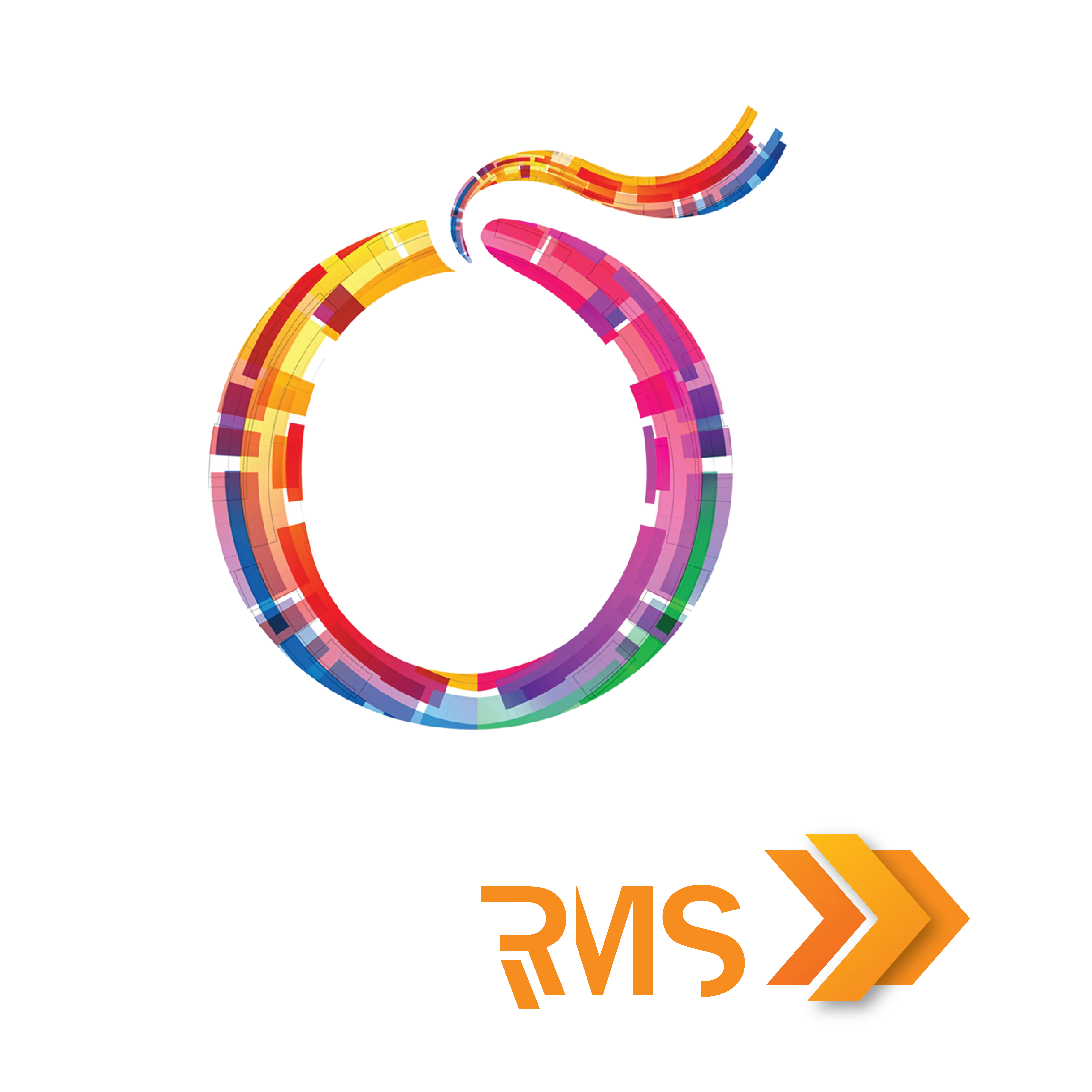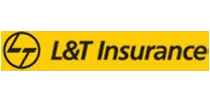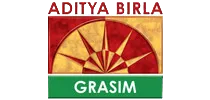EHS Excellence:
Consulting, Technology and Sustainability
Pioneering the future of EHS: We’re not risk management consultants, we’re innovators. We leverage cutting-edge DeepTech, engineering ingenuity, and expert consulting to deliver state-of-the-art solutions across the entire EHS spectrum.
We innovate EHS with DeepTech, engineering, and expert consulting, not just as risk management consultants. Our cutting-edge solutions span the entire EHS spectrum, redefining industry standards
Sustainability- Resilience woven into every thread: It isn’t just an add-on, it’s the foundation of our approach. Our expertise in Consulting, Engineering, and DeepTech is seamlessly intertwined, creating a robust tapestry of resilience for your business and the planet.
Transforming the EHS landscape: We’re not just changing the game in India, we’re rewriting the rules. Our groundbreaking solutions are leaving a lasting impact across 14 countries, and the ripple effect is just beginning.
Our engineering expertise revolves around brown field and green field deliveries and also acts as an exclusive partner to our risk management solutions along with
know More
We offer world class services and technology in ESG strategy and sustainability to help businesses align with global sustainability standards.
know More
Services
01Fire Safety
Fire safety encompasses measures and protocols to prevent, respond to, and mitigate fire-related hazards for personnel and property protection.
02Electrical Safety
Electrical safety prioritizes safeguarding against electrical hazards, reducing risks, and ensuring the safe use of electrical systems.
03Process Safety
Process safety focuses on minimizing risks within industrial processes, preventing accidents, and ensuring the safety of personnel and assets.
04Sustainability
Providing top-notch sustainability services for a greener world, ensuring environmental and social responsibility excellence.
05Engineering Services
Engineering services encompass comprehensive solutions for design, analysis, and project management to deliver efficient & innovative solutions.
06General Safety
General safety promotes a holistic approach to workplace safety, covering diverse aspects for overall well-being and hazard mitigation.
07Construction Safety
Construction safety involves rigorous practices, protocols, and training to protect workers and the public on construction sites.
08Energy & Power
Energy & power quality encompasses the management of electrical systems to ensure reliability, efficiency, and optimal power distribution.
09Training & e-learning
Training & e-learning platforms offer accessible, interactive, and effective methods to enhance knowledge and skills across various industries.
Sparrow's DNA We are an
Innovation Playground!
Where we dream, do and deliver decoding your vision & sense of future.
Dream and Innovate
Where imagination collides with ingenuity. Dream and innovate is your launchpad to tomorrow. We ignite bold ideas, forge technological pathways, and mold dreams into tangible triumphs. From vision to venture, we empower your pursuit of progress, brick by innovative brick.Create practical solutions
Providing professional EHS consulting, we specialize in delivering effective solutions. Our practical strategies ensure workplace safety, compliance, and sustainability, empowering businesses for success. Trust us for tailored approaches that create a secure and productive environment.Implement it with your vision alignment
Implement solutions in harmony with your vision. Execute strategies with precise alignment, ensuring seamless integration of your goals. Our commitment is to deliver optimal results, fostering success in every endeavor with tailored and strategicimplementation.
Measure Success and Reiterate
Consistently gauge achievements, measure success metrics, and iterate for continual improvement. Embrace an adaptive strategy, ensuring sustained excellence. Regular assessments refine approaches, fostering a dynamic environment that consistently aligns with evolving goals and objectives for lasting success.KNOWLEDGE
At Sparrow, we don’t just consult, we crack the code of EHS excellence. We blend the power of science and math with cutting-edge technology, then sprinkle in some consulting wizardry to create bespoke solutions that take flight. Our dynamic, deployable knowledge base is your wingman, empowering you to:
- Outsmart risk: Predictive models and trend analysis make future challenges a breeze, not a blizzard.
- Master compliance: Automated procedures and intuitive tools transform compliance from chore to cheer.
- Empower your people: Tailored training and accessible dashboards cultivate a culture of safety and awareness that truly blooms.
- Data-driven decisions: Real-time insights unlock continuous improvement and optimized resource allocation – think alchemy, but with numbers.
Sparrow is your partner in soaring towards EHS nirvana. Let’s unlock the potential of your data, harness the power of science and math, and infuse it all with the magic of our consulting expertise. Together, we’ll reach new heights of operational excellence.































